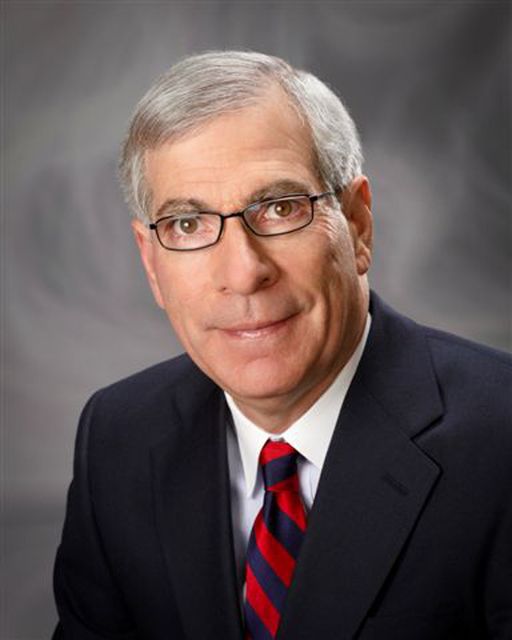Click here to subscribe today or Login.
Among Thomas Jefferson’s indictments of the British Crown in the Declaration of Independence was its deprivation of the right to trial by jury for American colonists. As Jefferson and the other Founders understood, guaranteed access to the courts benefited the public good.
Article III of the Constitution, together with the Bill of Rights, ensured those benefits to all Americans in both criminal and civil cases. Under the Seventh Amendment, civil litigants, no matter how rich or poor, may seek both accountability and fair restitution in an impartial forum. Civil trials held in open court, in turn, help ensure fairness and expose dangers to individuals and the community by allowing news organizations to report important evidence and testimony.
Despite recent trends and cases, the Founders’ wisdom in ensuring the transparency and openness of America’s justice system remains prescient. It’s an achievement especially worth noting today, Constitution Day.
Many things take place between the filing of a lawsuit and a jury trial. During this period, known as discovery, parties are allowed to make inquiries and demand sworn testimony or production of evidence. But discovered information is not generally open to public review before trial. Since most litigation is resolved without a trial, what is found during pretrial discovery remains mostly unknown, except to the parties involved. Any sealing of such records through court order only furthers nondisclosure to the public.
The burying of potentially life-saving information through sealed discovery, or secret pretrial settlements that avoid the illuminating light of a jury trial, have huge implications for the public good. It means that potential victims are unable to avoid danger and, if harmed, can’t learn the facts they need to hold wrongdoers accountable, despite constitutional guarantees.
Trial lawyers have often faced the dilemma of being forced to accede to secrecy in order to gain a fair settlement of their clients’ cases, as non-disclosure of damning information has become a routine additional demand by defendants before agreeing to settle a case.
It is little wonder that Bill Cosby wanted to have his dastardly conduct, as revealed in pretrial depositions, covered up. Similar secrecy demands occurred in many of the early cases involving clergy pedophilia. However, it is corporate America that has been most adept at keeping its misconduct under wraps.
Corporate PR campaigns have attempted to present far different viewpoints of secrecy, framing most litigation as “frivolous” and pretrial settlements as equivalent to extortion. One should be very skeptical of such claims. While maintaining confidentiality might serve a useful purpose, such as protecting trade secrets, enforced confidentiality has now become a routine tool for corporations to hide dangers from public view. Early settlements in the defective Firestone tire cases provide one of many glaring examples of this practice.
In truck accidents, it is commonplace for trucking companies to go to great lengths to keep information from both victims and the public. Walmart’s settlement of the Tracy Morgan case allowed it to avoid further bad publicity about its trucking delivery system and apparent gross violations of numerous safety regulations.
Medical malpractice litigation is another area where secrecy is common. Few people are aware that hospitals are allowed to keep hiring records and internal investigations of treatment errors secret under the law. Although mistakes resulting in serious injury or death must be reported to certain governmental authorities, such admissions are often kept from the public, and even the victims and their families.
In addition, defendant hospitals and doctors routinely insist on confidentiality of most medical malpractice settlements, although no law exists requiring such secrecy. Enforcement of such agreements has been left up to individual judges, and in Northeastern Pennsylvania several jurists wisely have refused to honor such demands.
Many legal commentators have deemed secret settlements, except in rare circumstances, to be unethical or an obstruction of justice, worthy of legislative or judicial banishment. Federal courts in South Carolina declared years ago that they would no longer allow such settlements.
Unfortunately, we live in times when numerous dangers exist from people and institutions that should be trustworthy, but have proven otherwise. Open legal proceedings and records are a valuable means of exposing some of those dangers, and the Founders of our republic correctly saw the jury trial process as a means of bringing such information to light. As we honor the ratification of our Constitution, we should demand no less today.





